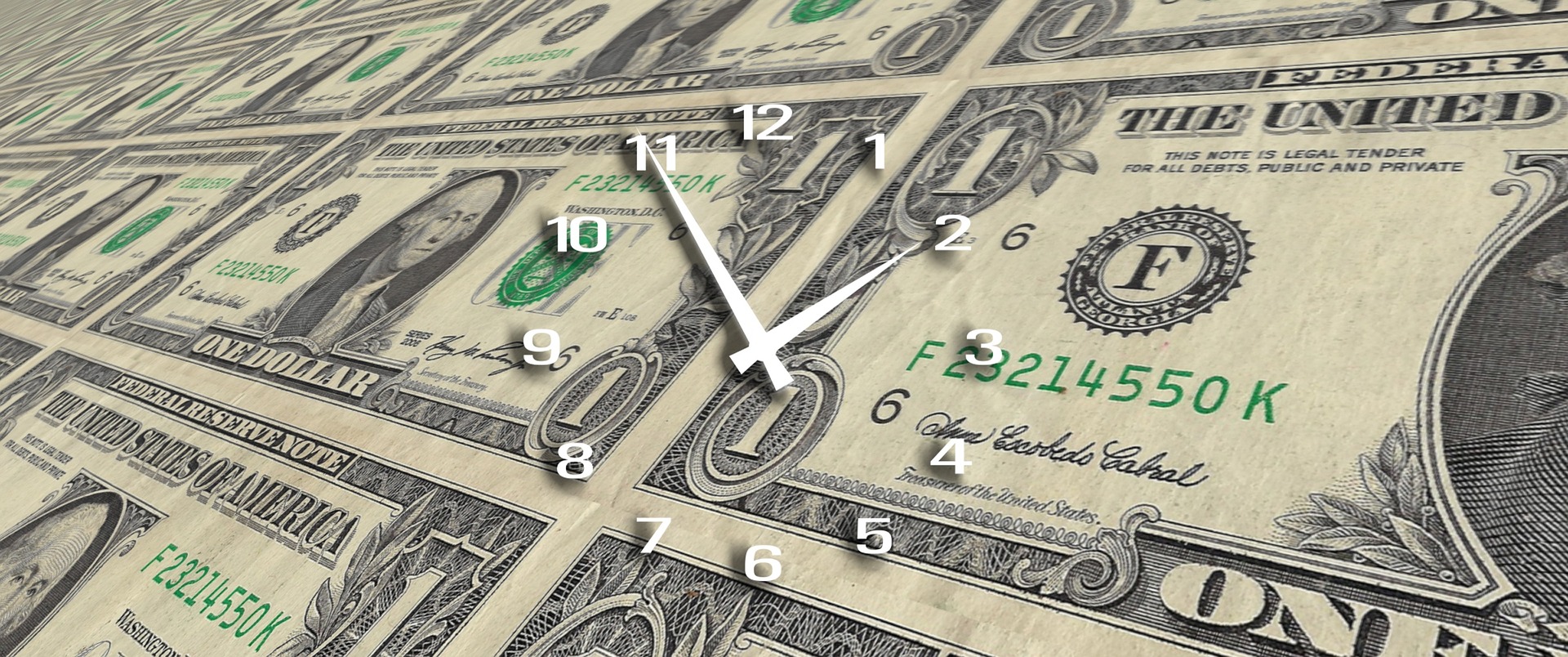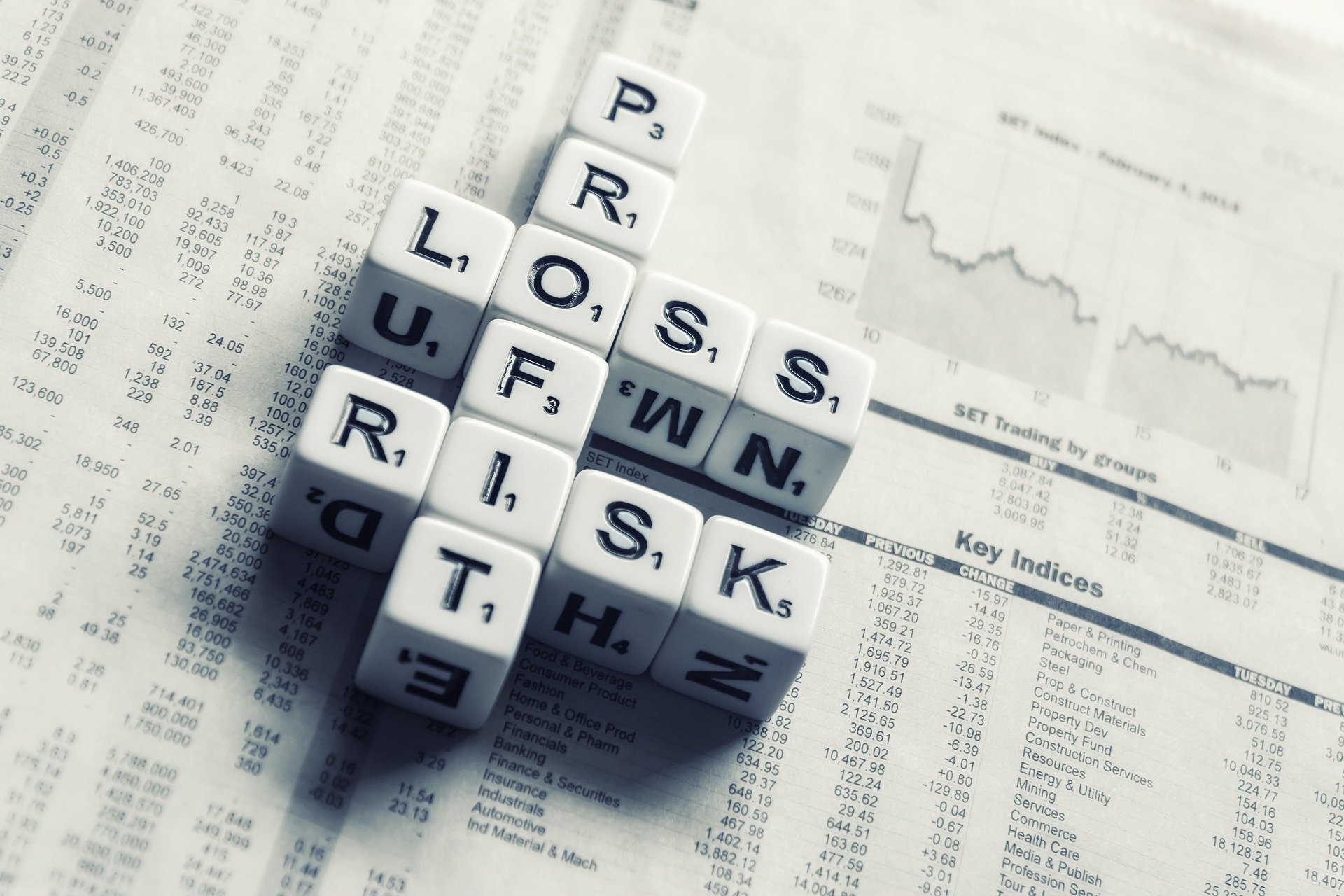According to my last two letters, it seems I’ve managed to be both right and wrong at the same time. In early February, as the coronavirus was starting to make itself globally significant, I mentioned that it might just be the sort of “major disruption” that could set the U.S. economy on a downhill slide (nailed that one!).
Last week, after the first day of large stock market losses, I accused the market of overreacting, and predicted a bounce in stock prices. While that bounce did come eventually (a week later), it did not prove significant as we are back to major losses today.
I stand by my assertion that the stock market is overreacting, though it may be looked at as more early-reacting than over. Investors are responding to the anticipated effect the coronavirus will have on global economies, an effect that has not yet come to pass. It is normal for that to happen, though, as investing after things change is less beneficial than anticipating movements. Still, I believe this market reaction is beyond what it needs to be.
There will be, as we are already seeing, an effect on global economic output, and significant disruptions in supply chains, business travel, tourism, etc. due to fear and government reactions. But this pandemic will pass, and people will get back to work. Those that put off buying new cars because of the virus, will still need new cars. People will go back to spending money. Things will return to normal, and likely faster than we anticipate.
The Bad News
We barely made it out of the near-zero rate environment that had kept bond yields low for over a decade, and now we are right back in it. The 10 Year US Treasury note is yielding under 1% for the first time in history. The Fed is quickly running out of room for further interest rate cuts.
The Good News
You already own the most popular investment available right now – bonds! Any inverse floating-rate bonds will benefit greatly from the Fed’s emergency rate cut, and corresponding rate decreases in England. Those inverse floating-rate bonds are tied to the 1 month London Interbank Offered Rate (LIBOR). Last week, LIBOR was at 1.6%. Today, it is just over 1.0%. That will affect each bond differently, but generally leads to a 1% or greater increase in coupon (stated interest rate).
Additionally, fixed-rate mortgage-backed bonds will benefit through faster refinancing thanks to record-low mortgage rates. Faster prepayments on bonds we purchased at discounted prices (95% of our purchases) lead to higher yields.
More Bad News…
Given the stock market’s reaction and that we haven’t even seen the economic impacts yet, these events are likely to push us into a recession. In a way, the stock market has managed to generate a self-fulfilling prophecy – they expect an economic downturn, so they help to create one with a massive sell-off.
More Good News!
I have long held the belief that we would need another recession before we could start to truly return to a normal business cycle and monetary policy. The recovery from the Great Recession was simply too long, too dull, and too gradual to get the business cycle working right again. This outbreak might just work in our favor, to push the economy into a quick and dirty recession that we can then shake off because economic effects should be relatively short-lived, unlike the multitude of factors that contributed to the last recession.
Moving Forward
The bond market got a lot more crowded in the last two weeks, and decent yields will be even harder to find. This may lead to further cash accumulation in portfolios, but given the current situation, cash is not a terrible place to be. Still, I will be scouring the corners of the market for the areas where we can find yield and safety. Sometimes it pays to be the little guy, sneaking in to scoop up the small bond pieces that the large warehouse firms overlook.
This information is not intended to be used as the only basis for investment decisions, nor should it be construed as advice designed to meet your particular needs. You are advised to seek the advice of your financial adviser, legal or tax professional, prior to making any investment decision based on any specific information contained herein. Copyright Cooper Capital, Inc. 2020





